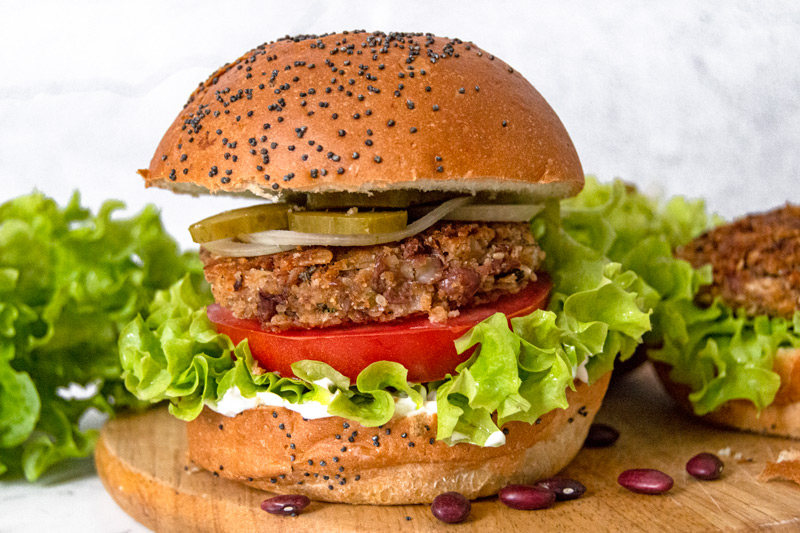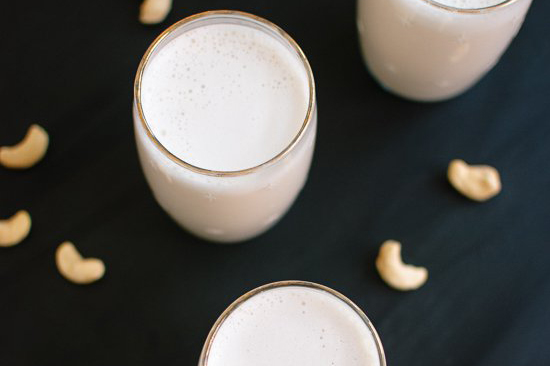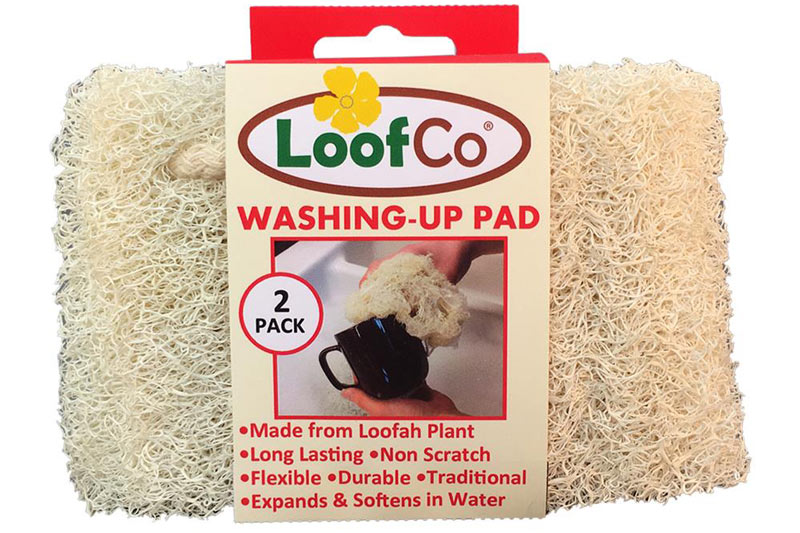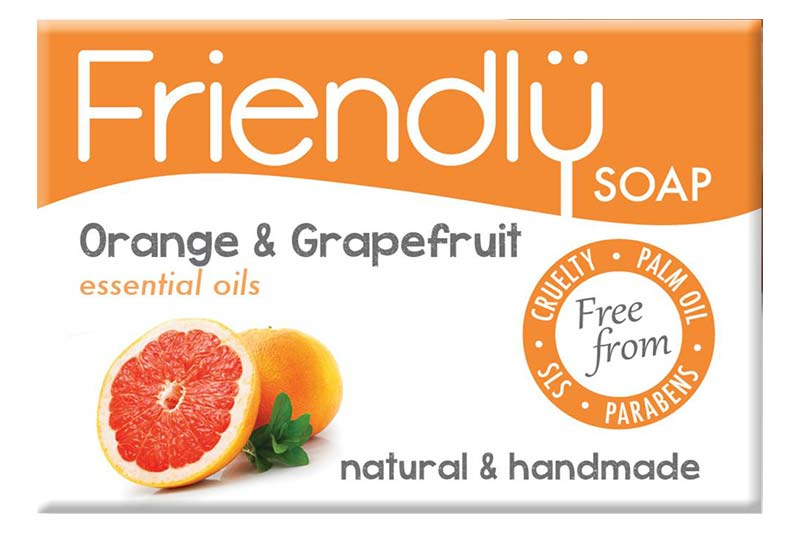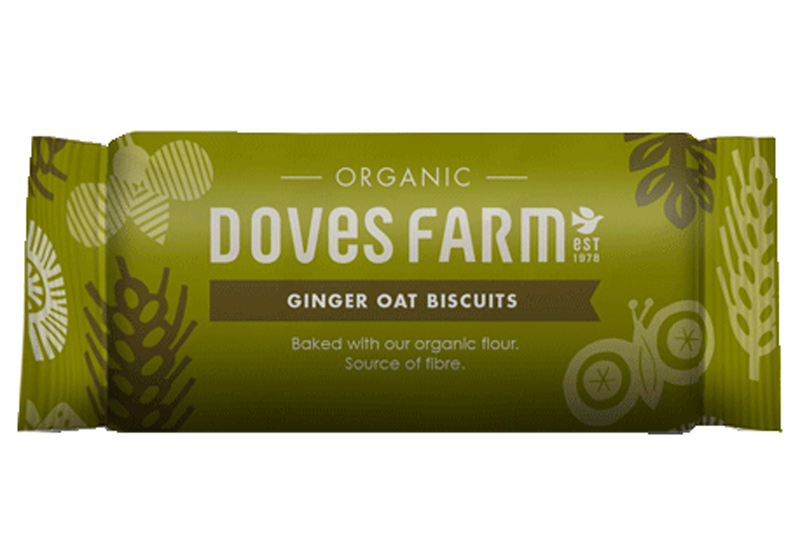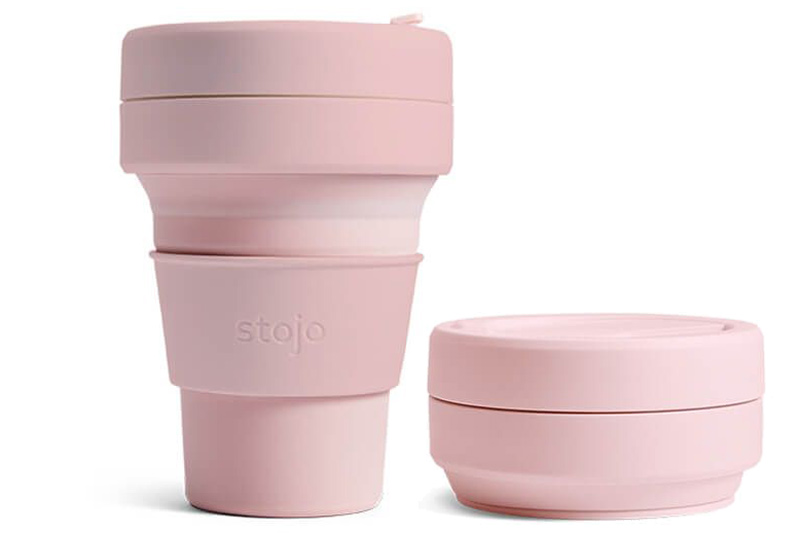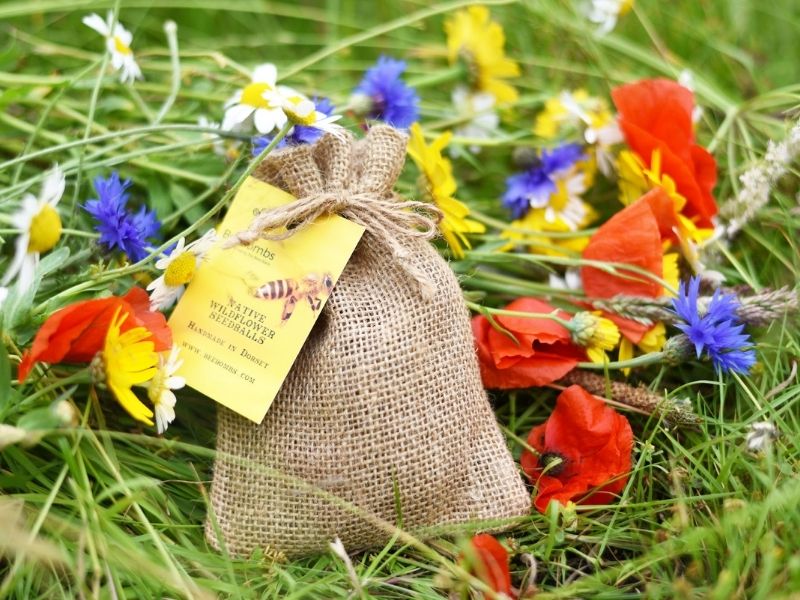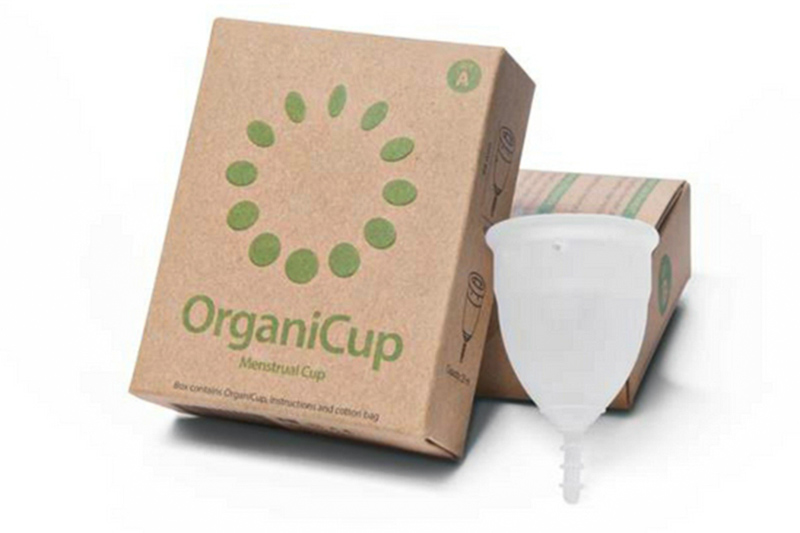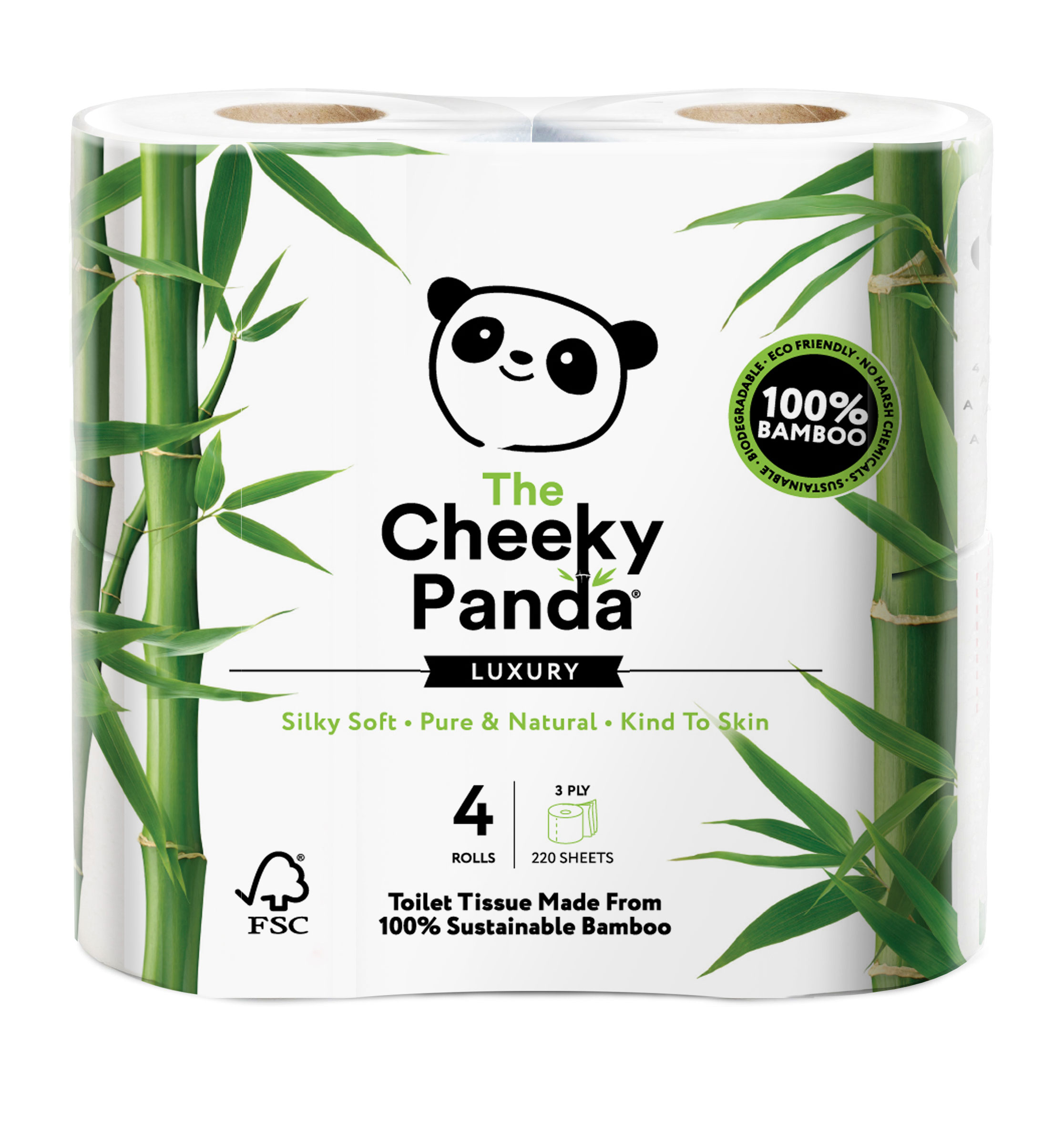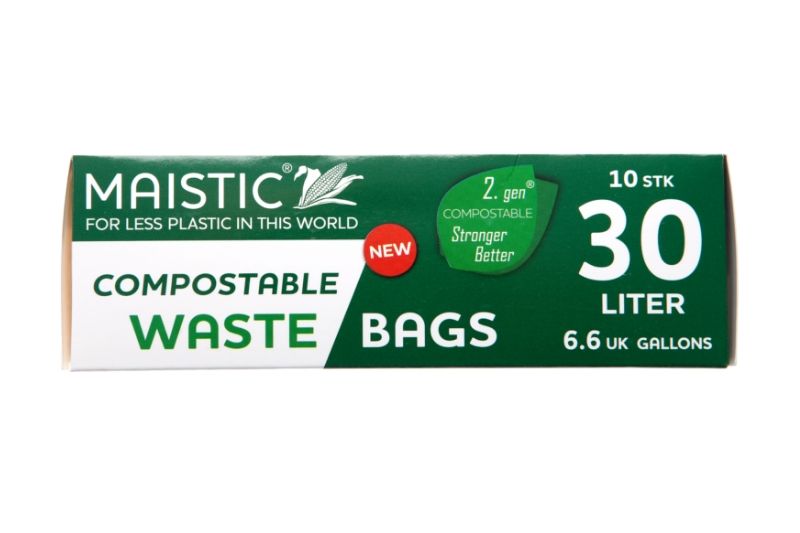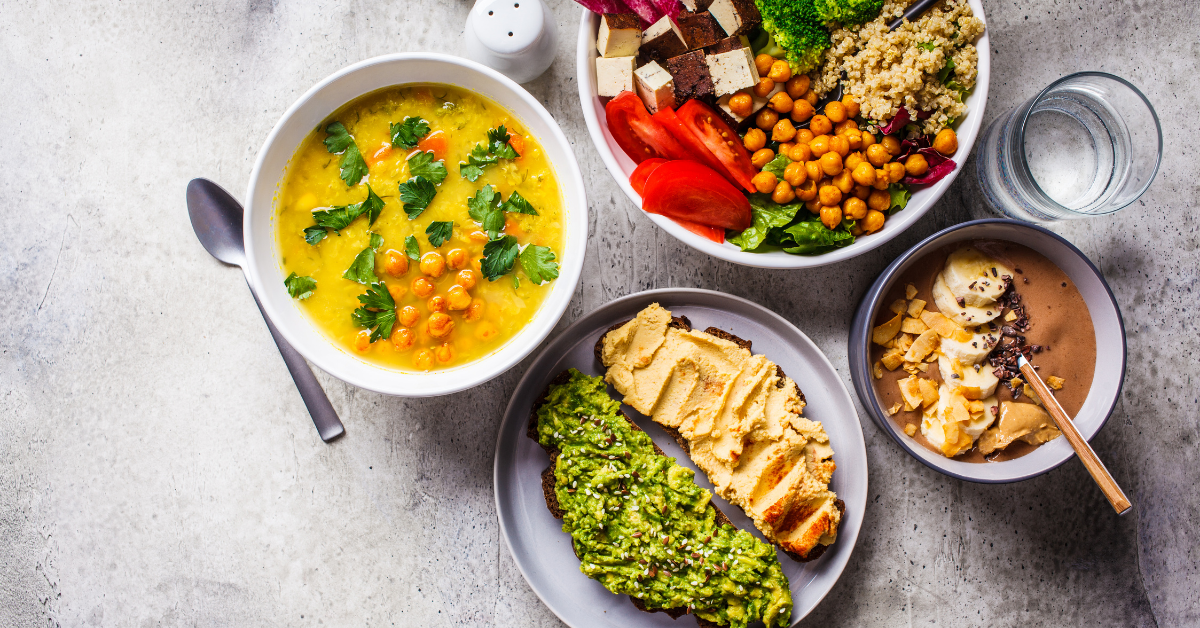Ten ways you can lead a more eco-friendly life
Planet Earth is in crisis. Sea levels are rising as polar glaciers and ice sheets melt, while devastating floods are affecting more and more areas and extreme weather events increase in ferocity and regularity. We need to act quickly to prevent large parts of Earth becoming uninhabitable because of climate change.
One way we can make a change is by rejecting ‘fast fashion’ and buying only second-hand or sustainable clothing. It takes about 2,700 litres of water to make just one t-shirt , which is enough water for one person to drink for 900 days. Hermione Berendt of Extinction Rebellion says “Black, indigenous and people of colour living in the global south are already the most vulnerable to the impacts of climate change, which are fuelled partly by fast fashion.”
We know many of the things we need to do to ensure the planet remains habitable for our species: fly less, drive less, plant trees and leave fossil fuels behind; insulate our homes and reduce energy usage; save water; aim for a zero waste existence. Here are some of our top tips for living in harmony with our planet…

The meat industry is massively wasteful to the Earth’s resources, using huge amounts of land, water and energy, and causing untold animal suffering. Producing a kilo of beef has a carbon footprint 25 times greater than producing a kilo of pulses. Mindful of this, over half a million people signed up to take part in Veganuary in 2021, rejecting animal products entirely, with many sticking to their new lifestyle changes subsequently. Meat-free Mondays have become a popular way to reduce animal consumption, and he availability, quality and affordability of meat alternatives is increasing all the time.
It takes 683 gallons of water to produce just 1 gallon of milk. The dairy industry is immensely wasteful and unneeded. Dairy cows and their manure produce a staggering amount of greenhouse gas emissions, which fuel climate change. A 2018 research paper found that a move to plant-based dairy alternatives reduces land use by 76%, slashes greenhouse gas emissions by 49%, and cuts acidification of our water supply by 50%. There’s a dizzying array of milk alternatives available these days – it’s just a matter of finding the one that’s right for you!
Ending our use of petrochemical-based washing up liquid, detergents, and floor and surface cleaners is essential to making our kitchen greener, especially now there are so many brilliant eco-friendly kitchen cleaning products available. Another way to reduce our carbon footprint is to buy in bulk – not only is it far cheaper but it also reduces packaging waste and means fewer transport miles.
Clean up your act in the bathroom
According to the Energy Saving Trust, the average bathroom uses 350 litres of water every day. Cutting down on our water usage is a great start to having a more environmentally-friendly household. We also need to choose our beauty and cleaning products more wisely, rejecting harmful chemicals, and bearing in mind that natural cleaners such as bicarbonate of soda and lemon juice are often far cheaper and just as effective!
The global food system makes a massive contribution to greenhouse gas emissions that cause climate change, with every stage in the supply chain from agricultural production through to processing, distribution, retail and waste playing a part. It’s important to source food from the most sustainable sources possible. One of the greatest challenges we face in the 21st Century is to sustainably feed 9-10 billion people by 2050 while also reducing environmental impact. Start to read labels, and support companies producing sustainable products, like our friends at Doves Farm, who make splendid biscuits using responsibly sourced, certified sustainable palm oil produced to the standards of the Sustainable Agriculture Network.
Here at Healthy Supplies we try to reject plastic use wherever possible, and in recent years have stopped using bubblewrap and plastic tape when packaging orders. Scientists warn that by 2050, the quantity of plastics in the oceans will outweigh fish. In the UK, 700,000 of the 7.7 billion plastic water bottles we use annually are thrown away every day, while an estimated 12.7 million tons of plastic enters our oceans every year. You can make a start fighting this culture of waste by investing in a reusable drinks cup or an eco-friendly toothbrush.
The Pesticide Action Network has highlighted the acute danger of bee colony collapse caused by the ongoing application of harmful neonicotinoid pesticides in the UK and globally. One way to fight the use of these dangerous chemicals is always to buy organic options so that biodiversity is maintained. At Healthy Supplies we’re proud to have our organic produce certified by The Soil Association. We’ve also just started selling these delightful Native Wildflower Beebombs, which are pellets containing an array of wildflower seeds designed to grow and attract native British pollinators.
Across the world, green-minded people are pursuing more environmentally clued-up lifestyles and investing in reusable items like water bottles & coffee cups and all kinds of eco-friendly food storage options. There’s also an increasing shift towards reusable sanitary pads and items like menstrual cups which cut down significantly on plastic waste.
The UK uses 1.3 million tons of toilet paper a year, according to the Confederation of Paper Industries, with the average British person reportedly getting through 127 rolls every year. The increasing popularity of quilted and multi-ply toilet tissue has fuelled further environmental destruction. But many companies are bucking this trend by producing paper from alternative fibres such as bamboo and agricultural waste. A report from The Ethical Consumer recommended buying brands such as Ecoleaf (produced from a mix of consumer and trade waste using chlorine-free processing) and Cheeky Panda (made from bamboo and certified by the Forest Stewardship Council).
There are now a huge amount of compostable and biodegradable products on the market, which lead to a reduction in harmful plastics and pollution resulting from waste. There have been huge advances in the creation of ‘safe’ plastics which cause no harm to the environment. When biodegradable plastics break down, they do so into harmless, nontoxic elements, unlike similar petrochemical-based materials. Manufacturers leading the way on this include Ecozone and Maistic.
A study conducted in 2019 at the University of Arizona found that people who bought less, and instead began mending things they already owned, had increased levels of happiness. Buying fewer things, and using what we have more wisely, carefully and frugally, will not only make you happier, but will save you plenty of money too! Jason Hickel, author of The Divide: A Brief Guide to Global Inequality and its Solutions, argues that a radical revolution is needed in the West in our way of thinking about what we consume and how we do it.
Help protect the planet with Healthy Supplies
Here at Healthy Supplies, we’re taking on knowledge the whole time, listening to our customers, following the scientists and learning what it means to be an ethical retailer in the 21st Century. We’ve made several huge changes which have reduced our carbon footprint massively, and we’re doing all we can to reduce this further. We hope that, by offering a gigantic range of ethical, sustainable and eco-friendly products, we’re part of the solution to Earth’s climate crisis.
